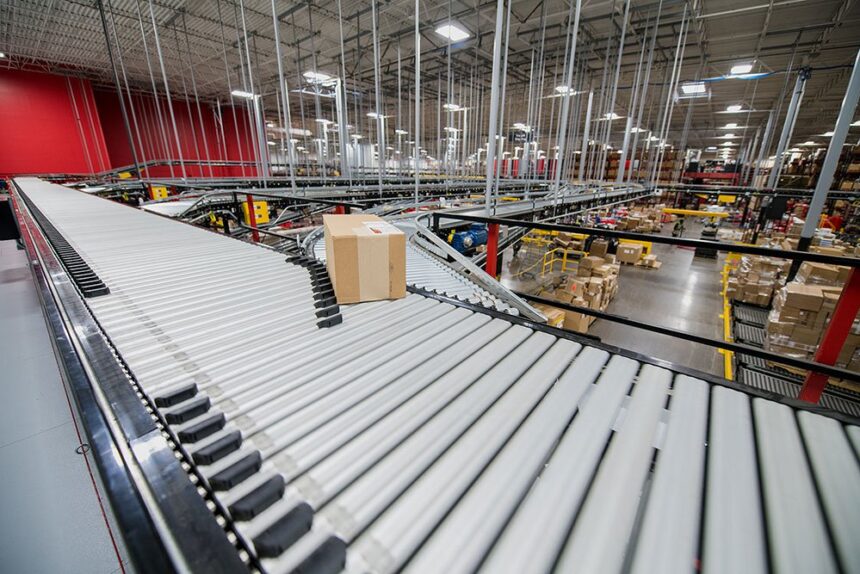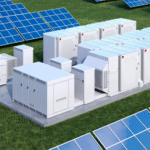Warehouse automation is rapidly becoming a competitive necessity rather than a long-term ambition. From robotic picking systems to automated conveyors and WMS integrations, businesses are under pressure to modernise. But implementing automation isn’t always straightforward — which is why more companies are turning to warehouse automation consultants for guidance.
If you’re unsure whether it’s time to bring in expert help, here are five clear signs that working with warehouse automation consultants could be the smartest move for your operation.
1. You’re Experiencing Rapid Growth and Your Warehouse Can’t Keep Up
If your order volumes have increased but your warehouse layout and processes haven’t adapted, you’re likely seeing signs of strain — picking delays, fulfilment errors, and staff burnout.
Warehouse automation consultants can help you assess whether automation can alleviate these bottlenecks, and if so, which solutions (e.g., AS/RS, autonomous mobile robots, sortation systems) are most suitable based on your current and forecasted demand.
2. Your Labour Costs Are Rising, But Productivity Isn’t
Labour challenges are one of the biggest drivers behind automation. Whether it’s the high cost of temporary staff or increasing difficulty recruiting skilled operatives, the economics of manual warehousing are shifting.
Warehouse automation consultants bring a data-driven approach to identifying where automation could reduce your reliance on manual labour without disrupting operations. They also help calculate return on investment and prioritise areas with the greatest potential impact.
3. You’re Planning a Major Warehouse Move or Expansion
If you’re relocating, opening a new site, or expanding an existing facility, this is the ideal time to consider automation — but only if it’s done with the right planning.
A consultant can work with architects, system integrators, and internal teams to design automation-ready layouts, specify technology requirements, and ensure future scalability. Without this input, you risk building a facility that can’t fully support your long-term automation goals. Integrating efficient yard management processes is also crucial at this stage, as it ensures smooth coordination of inbound and outbound logistics — platforms like DataDocks outline how an optimized yard flow supports overall warehouse automation success.
4. You’ve Already Invested in Automation — But It’s Underperforming
Sometimes, the problem isn’t the lack of automation — it’s that the automation you do have isn’t delivering the expected benefits. Poor integration, staff resistance, or suboptimal layouts can all limit performance.
Experienced warehouse automation consultants can audit your current systems, identify underutilised assets, and recommend optimisation strategies. In many cases, performance improvements can be made without investing in new equipment — simply by redesigning workflows or improving software integration.
5. You Don’t Have In-House Expertise to Lead an Automation Project
Automation projects are complex. They require knowledge of logistics operations, system design, procurement, IT integration, change management, and more. If you don’t have dedicated automation expertise on your team, you risk costly mistakes and implementation delays.
Warehouse automation consultants offer a bridge between technical solutions and real-world operational needs. They ensure that automation aligns with your business goals and that the project stays on track from planning to go-live.
Conclusion
Not every warehouse needs a full-time automation specialist — but nearly every warehouse can benefit from expert insight when change is on the horizon. Whether you’re scaling fast, battling inefficiencies, or just want to futureproof your operations, warehouse automation consultants can provide the clarity and structure needed to move forward with confidence.
If any of the signs above sound familiar, now may be the perfect time to seek independent advice and turn automation into a strategic advantage.


